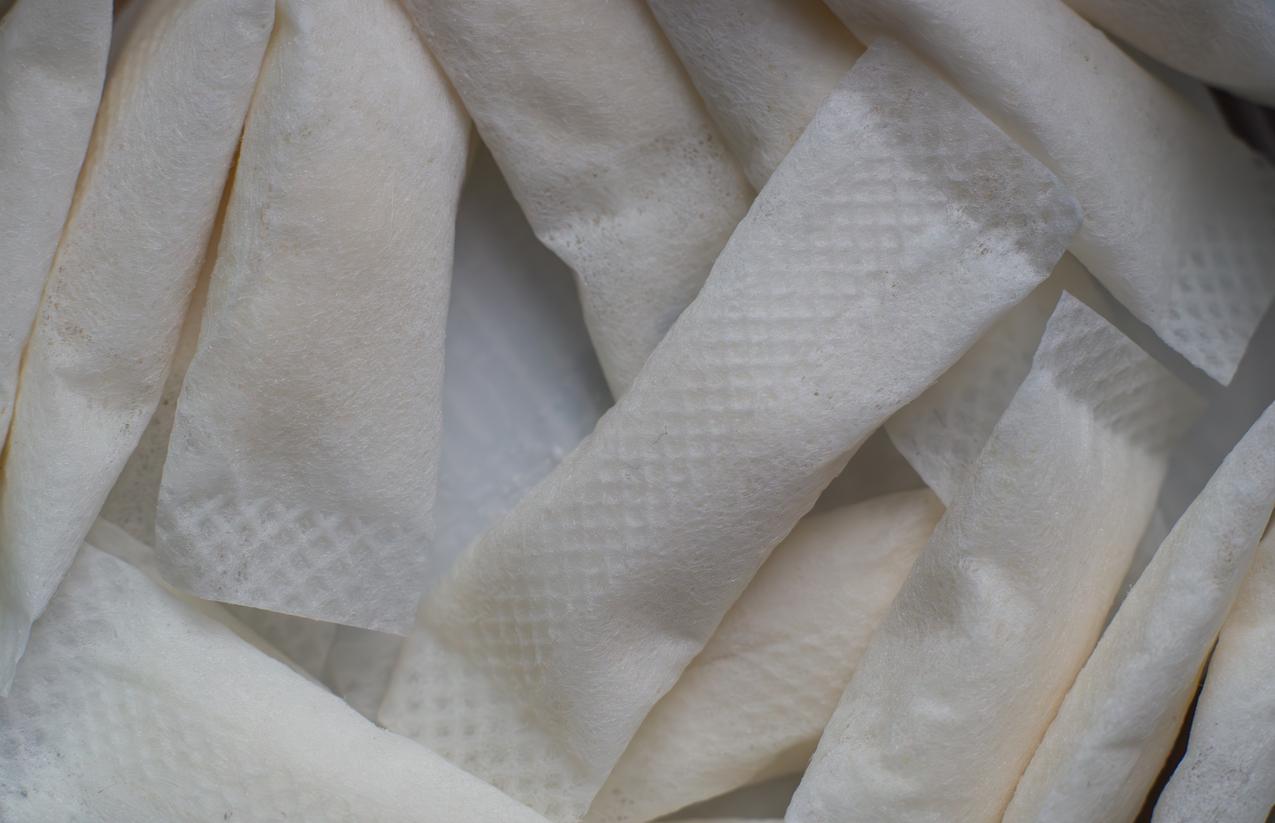Nicotine sachets, also known as “snus” or nicknamed “footballer’s tobacco”, are at the heart of a public health controversy.

- A study carried out by the CNCT and the INC/60 Millions de consommateurs reveals that nicotine sachets, or snus, contain highly toxic substances, such as arsenic and lead, as well as doses of nicotine up to ten times higher than those of authorized nicotine substitutes.
- These illegal products target young people by using sweet flavors, but their composition makes them particularly dangerous for health and highly addictive.
- The CNCT and the INC are calling for an immediate ban on these nicotine sachets, already illegal in France, but still widely accessible, particularly via social networks and black markets.
These small white sachets, designed to be slipped between the gum and the lip, release nicotine directly into the body. Their discretion and “modern” appearance make them particularly popular, particularly among young people and certain athletes, hence their nickname. But behind this innocuous image hides a serious threat to health.
Heavy metals and alarming toxicity
A recent study conducted by the National Committee Against Smoking (CNCT) and INC/60 Million Consumers reveals that several brands of snus (ZYN, VELO, D’LICE and NOIS) analyzed in the laboratory contain heavy metals, including arsenic and lead. The level of arsenic, a carcinogenic and toxic substance, sometimes reaches up to 6.5 times that detected in a conventional cigarette. Other toxicants such as formaldehyde and antimony, also potentially carcinogenic, are also present.
Dangerously high doses of nicotine
The study also points to worrying levels of nicotine in these products. Unlike traditional nicotine substitutes, nicotine sachets contain real doses which can reach 38.9 mg/g, almost ten times more than nicotine gum authorized in pharmacies. These quantities make the sachets extremely addictive and reinforce their dangerousness, particularly among young people.
Snus manufacturers make no secret of targeting young consumers. In fact, the analysis revealed the presence of sucralose and xylitol, sweeteners which give these products a very sweet taste, sometimes equivalent to that of a food containing more than 130% table sugar. These flavors mask the potency of nicotine and make them particularly attractive to adolescents, who are unaware of the risks.
Illegal and uncontrolled marketing
Snus, although widely sold in France, is actually illegal. Unlike regulated nicotine substitutes, it does not have any marketing authorization, and its sale is treated as a toxic substance. In addition, some brands use labels in foreign languages covered with stickers in French, a practice that is also prohibited.
One of the major concerns raised by the CNCT is the ease of access to these products. Advertising around nicotine sachets is omnipresent, whether in tobacconists or on social networks (Snapchat, Telegram, etc.). On the Internet, no strict age verification is carried out, which allows minors to obtain them without difficulty.
An urgent ban called for
Faced with these findings, the CNCT and the INC/60 Millions de consommateurs are calling for an immediate and explicit ban on snus in France. Although the Minister of Health announced measures at the beginning of November, their implementation is slow to materialize. Meanwhile, young consumers remain exposed to a product that is both toxic and highly addictive.
As mentioned in the press release, Professor Yves Martinet, president of the CNCT: “These nicotine sachets, or snus, are particularly harmful. Their composition makes them dangerous for health, and their sweet flavor makes them a real gateway to addiction, especially for younger generations. »
Snus, too often perceived as a “soft” alternative to tobacco, actually turns out to be a major danger.


















